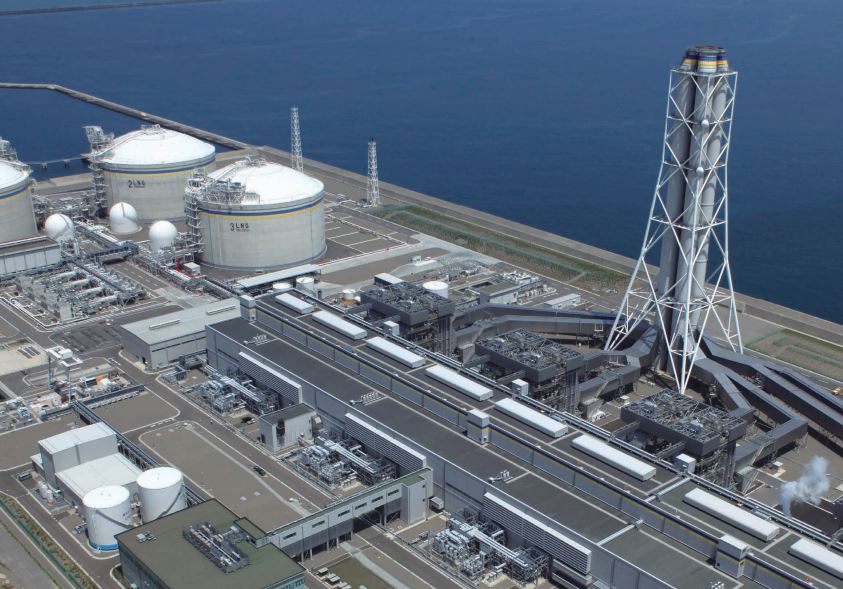Japan’s liquefied natural gas (LNG) imports dropped for the second month in a row in February, according to the provisional data released by the country’s Ministry of Finance.
The country’s LNG imports decreased by 5.9 percent year-on-year in February to 6.02 million tonnes, the data shows.
LNG imports dropped slightly compared to 6.1 million tonnes in the previous month, which also marked a decrease year-on-year.
Japan’s coal imports for power generation also decreased in February compared to the last year.
Coal imports were down by 17.7 percent to 7.81 million tonnes, and Japan paid about $1.29 billion for these imports, a drop of 55.6 percent compared to the last year, the data shows.
LNG import bill down
The February LNG import bill of about $3.95 billion decreased by 21.1 percent compared to the same month last year, the preliminary data shows.
State-run Japan Oil, Gas and Metals National Corp (JOGMEC) did not publish both the contract-based and the arrival-based monthly spot LNG price in January and February as there were less than two companies that imported spot LNG.
The average price of spot LNG cargoes that were delivered in Japan within the month of December regardless of the month when the contract was made (arrival-based price) was $16.9/MMBtu.
JOGMEC also said in a report this week that the “Northeast Asian assessed spot LNG price JKM for the previous week (March 11 – March 15) stayed the same as low-USD 9s on March 15 from the previous weekend.”
“JKM first decreased due to demand decrease, but, increased due to the trouble of US LNG liquefaction plants,” it said.
JKM for May settled at $9.900/MMBtu on Wednesday.
METI’s data showed that Japan’s LNG inventories for power generation were at 2.29 million tonnes as of February 4, rising 0.13 million tonnes from the previous week.
Japan’s LNG inventories for power generation were at 2.05 million tonnes as of February 11, 2.09 million tonnes as of February 18, 2.15 million tonnes as of February 25, 1.95 million tonnes as of March 3, 1.71 million tonnes as of March 10, and 1.60 million tonnes as of March 17, the data shows.
LNG deliveries
As per LNG shipments going to Japan in February, deliveries from Asia decreased by 7.8 percent to 1.66 million tonnes, the ministry’s data shows.
Middle East LNG shipments rose by 41.6 percent to 714,000 tonnes in February.
Moreover, shipments from Russia increased by 8 percent to 564,000 tonnes, while US deliveries rose by 44.3 percent to 482,000 tonnes in February.
Japan was the world’s top LNG importer in 2022, overtaking China, but both of the countries took fewer volumes compared to the year before.
China has overtaken Japan to become the world’s top importer of LNG last year.
China’s LNG imports rose 12.6 percent to about 71.32 million tonnes in the January-December period.
The country imported some 5.17 million tonnes of LNG more than Japan in 2023.
Japan’s power utilities such as Kansai Electric increased their nuclear power utilization rate in 2023.
The Institute of Energy Economics, Japan (IEEJ) said in a report earlier this year that due to the restart of some nuclear power plants and an increase in solar photovoltaics capacity, coupled with a rise in coal-fired power generation capacity, Japan’s LNG imports are expected to decline below 60 million tonnes in FY2024.

